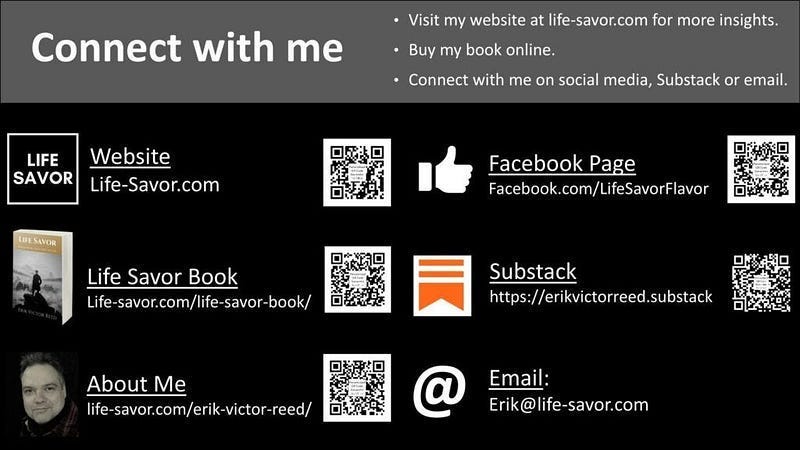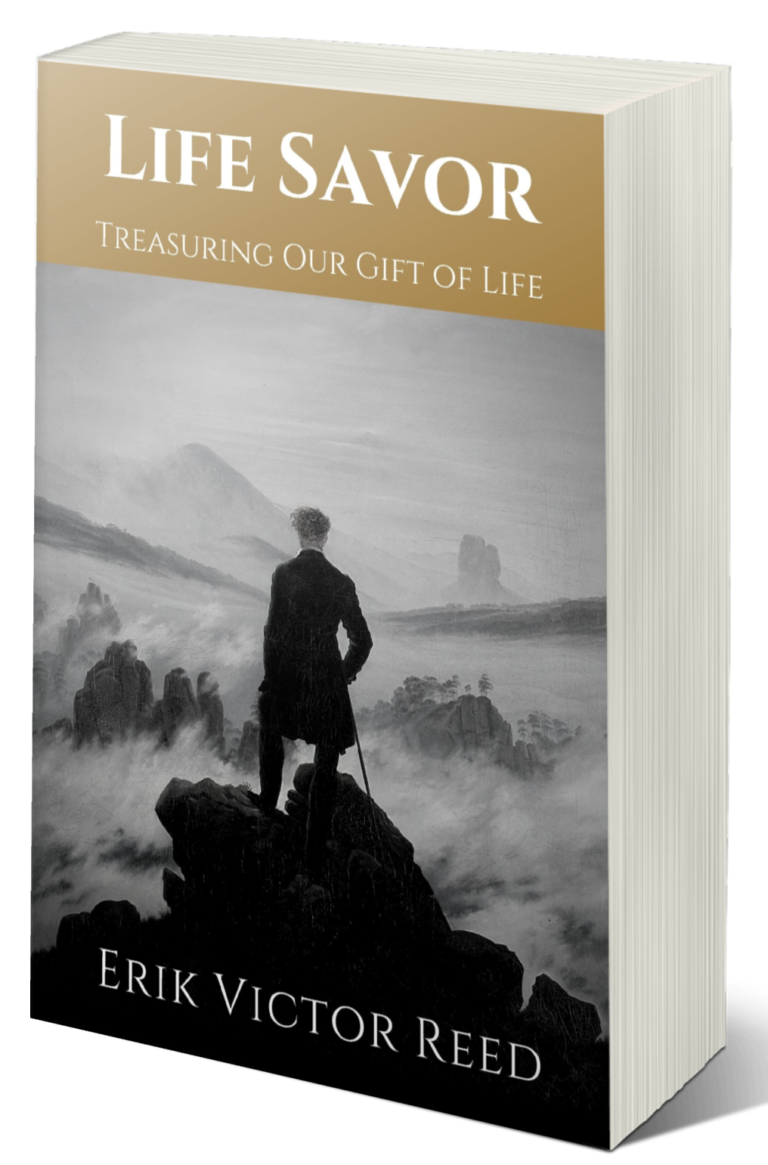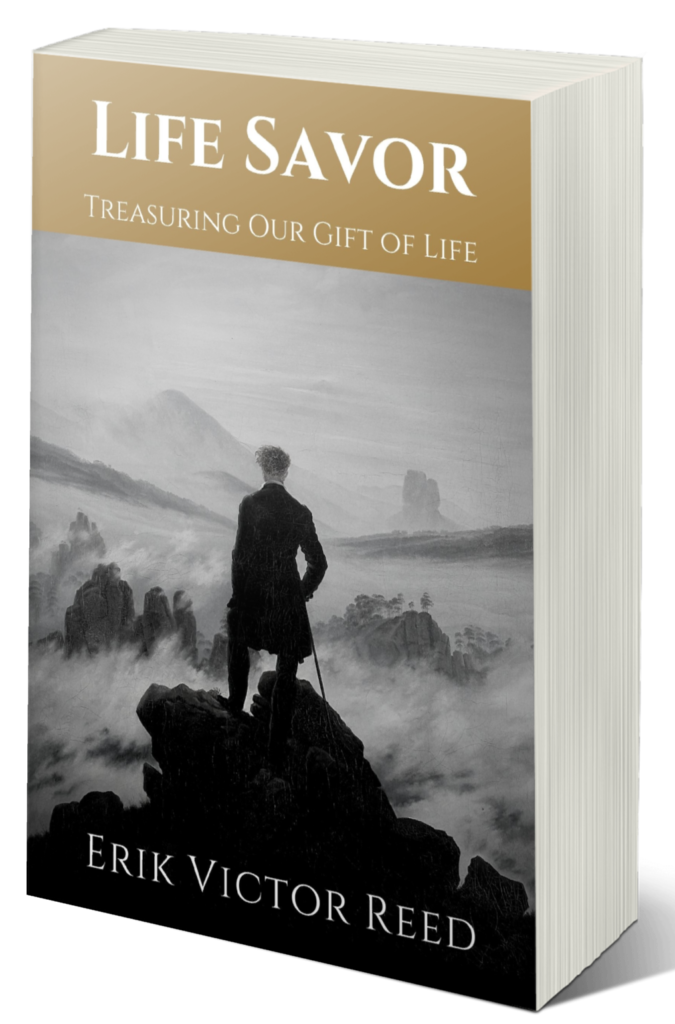The first question of appreciation
Okay, Mr. Life Savor. Yes, life is a gift. But it’s also a trial. Bills come due, bodies ache, relationships fray, accidents strike, and headlines darken our minds. Even when fortune smiles, stress and worry find their way in.
So the question arises: how do we stay sane enough to keep loving life?
If appreciation is a way of seeing, then sanity is the lens. A cracked or clouded lens distorts the world, leaving everything looking dim and dismal.
But when the lens is polished and steady, beauty comes into focus. Without sanity, life’s gifts blur past us. With it, we can see clearly enough to savor them.
The Fragile Lens
The human mind is delicate. When worn down by stress or anxiety, it’s like a pair of glasses smeared with grease. Even bright moments lose their luster. Exhaustion, despair, and distraction can turn a feast into famine simply by clouding our view.
We often think life’s main challenge is external — earning, achieving, securing. And, yes, that’s important. But one of our deeper challenges is internal: keeping the lens clear. Protecting our mental and emotional core so that we can still see the miracle of existence when it’s right in front of us.
Sanity here doesn’t mean being perfectly calm or endlessly cheerful. It means being resilient enough to return to clarity, even if just for a moment. Everyone’s lens fogs at times — through grief, stress, or sheer overload. The practice is not to keep it spotless forever but to notice when vision blurs and to gently polish it back.
Take a Walk With Me
Imagine a man walking through a city park after work. His phone buzzes with deadlines. His thoughts are tangled in frustration. He sees the trees, but only as green shapes; he hears birdsong, but it doesn’t register. He is present in body but absent in spirit.
Then, by chance, a child’s laughter cuts through his haze. He looks up. The leaves shimmer, the air feels fresh, the world brightens. Nothing external has changed; only his lens has cleared for a moment, giving him a near-life experience.
Now imagine another person, walking the same path that day. She too is weary, but she’s learned to pause. She takes a slow breath before looking down at her phone. Her lens clears just enough to notice the light falling through branches. A quiet smile rises unbidden.
The man above got lucky; but the woman, she has the habit—the habit of pausing to appreciate, to remember life, to return to a state of grace.
That is the power of making time for sanity. It can’t always create beauty, but it can reveal it.
Mortality’s Reminder
Here is where mortality helps. Remembering that life is brief jolts us awake. It wipes fog from the lens. It says: You don’t have forever to notice. Don’t let this slip past.
Mortality doesn’t darken life — it sharpens it. It restores urgency to appreciation, reminding us that if our days are numbered, then every clear view is precious.
Practices for Sanity
- Create sanctuaries. Find places and times that restore clarity — a walk by water, a favorite chair, a quiet ritual.
- Balance opposites. Alternate between peace and exhilaration, solitude and connection, rest and striving. Anticipating the swings can both invigorate and nourish.
- Reframe troubles. When irritation looms, pause: How big is this in the scope of my whole life? Perspective wipes away smudges.
- Return to gratitude. Even a small thank you — for breath, for food, for love — polishes the glass.
These aren’t luxuries. They’re survival strategies for keeping vision intact.
Closing Thought
The core question of life is not only how to succeed, or even how to find purpose, but how to keep the lens of sanity clear enough to love this chance you have to live.
Because if our lens is scratched or clouded, the miracle blurs. And if we cannot see it, we cannot savor it.
So let us guard our emotional core. Let us polish the lens through which we view existence. For in doing so, we remain steady enough to keep saying yes — yes to the beauty, yes to the struggle, yes to the once-in-eternity chance of being alive.
For more like this, visit the broader project at life-savor.com, or explore the Life Savor book itself.
To learn more about Life Savor’s philosophy,
read Life Savor: Treasuring Our Gift of Life by Erik Victor Reed.








